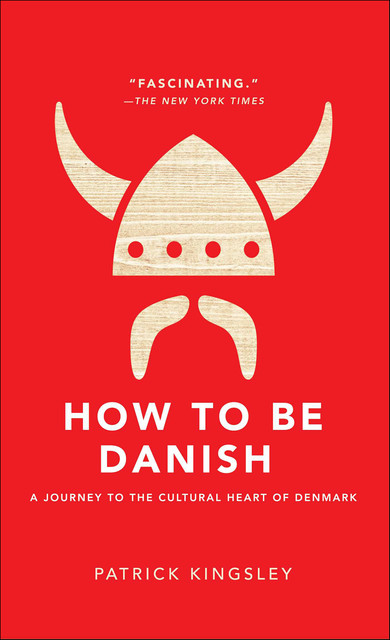
en
Зручніше в додатку:
iOS
·Android
How to be Danish
Ця книжка зараз недоступна
188 паперових сторінок
- Дата публікації оригіналу
- 2014
- Рік виходу видання
- 2014
Враження
- Lera Shapikaділиться враженням8 років тому
После поездки в Копенгаген, мне стало интересно, в чем же секрет датского благополучия. Книга, как раз рассказывает очень простым языком, немного с британским юморком, про культуру, историю и повадки датчан. Ну и естественно, про дизайн, стулья, архитектуру, кухню. Интересная книга тем, кто собрались в Скандинавию.
Цитати
- Lera Shapikaцитує8 років тому“We started to have car-free days. Not because of a love of mankind, but because of a lack of petroleum. Everybody rejoiced because it was wonderful having car-free Sundays. And they realised it would be clever to go back to bicycles.”
- Lera Shapikaцитує8 років томуDenmark has the second-largest homes in Europe (in terms of square metres per capita), and why the Danes are so concerned with making those homes look nice. Since restaurants are so expensive (thanks to a 25% tax on food), many Danes prefer to spend their evenings at home.
- Lera Shapikaцитує8 років томуDanish concept of hygge. Pronounced roughly “hoo-guh”, hygge does not have a direct equivalent in English. It refers to the warm state of relaxation in which Danes find themselves when they’re sitting around a fire with friends, or having a beer in their beach house (another Danish mainstay) on the North Sea in the summer. It is often loosely translated as “cosiness”, but this seems both too broad and yet too specific a translation.
fb2epub
Перетягніть файли сюди,
не більш ніж 5 за один раз

